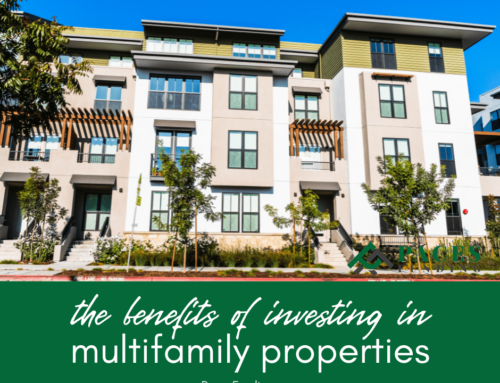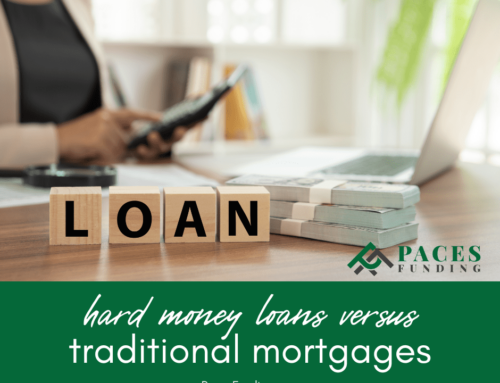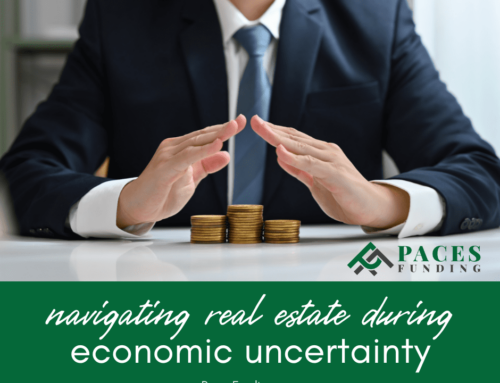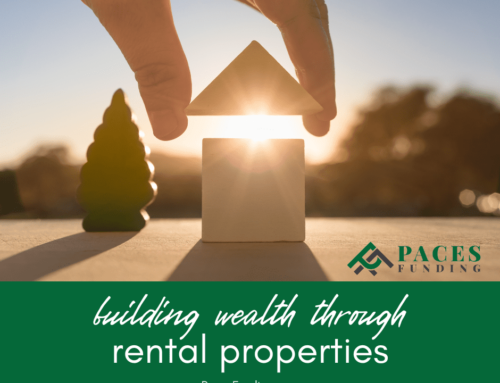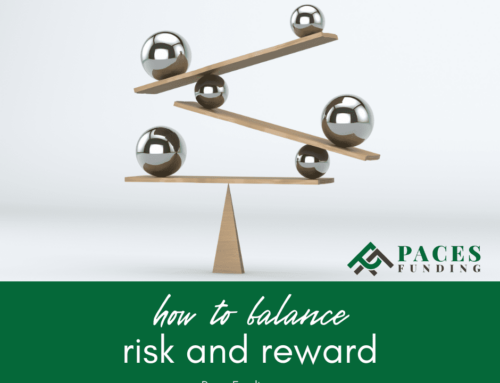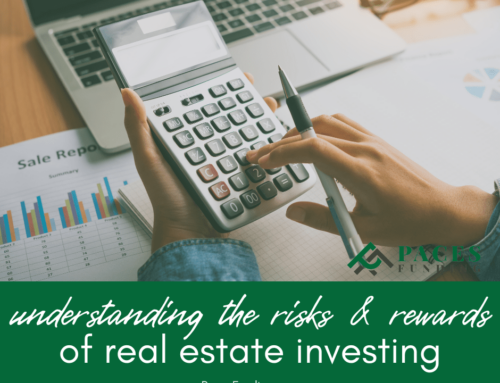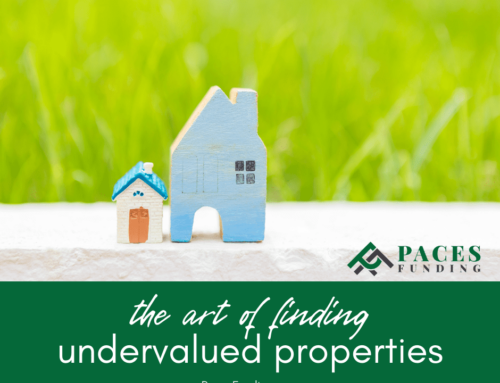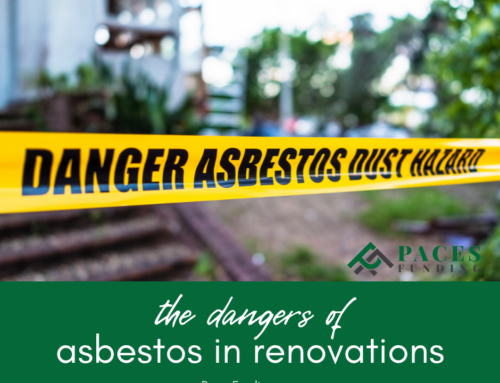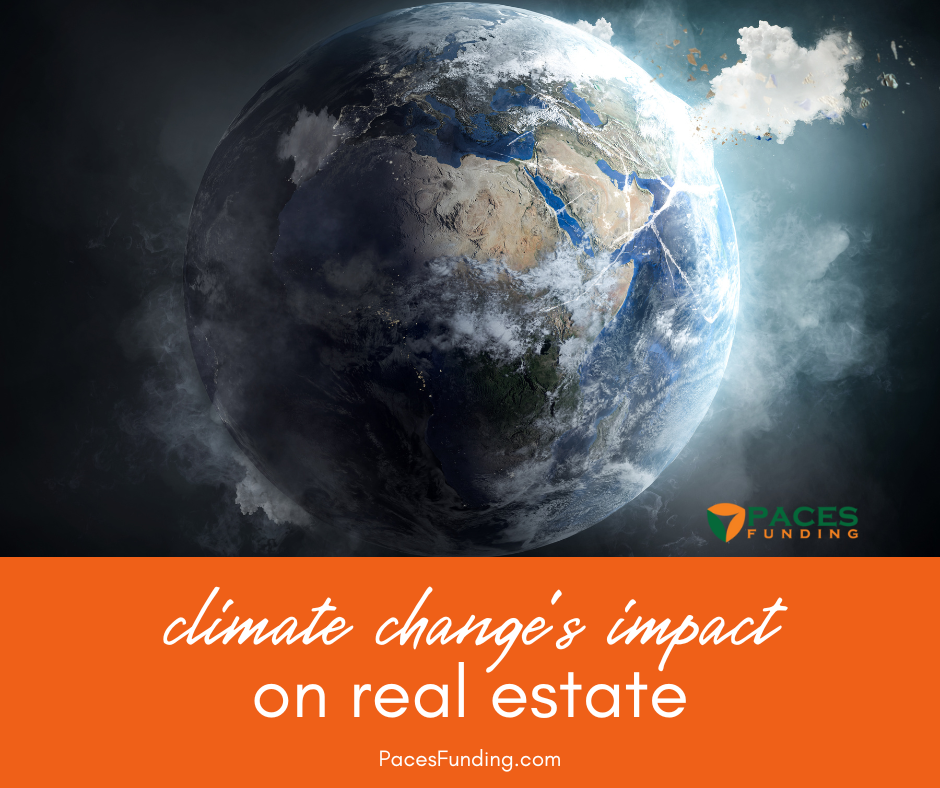
Climate Change’s Impact on Real Estate: What You Need to Know
Climate change is a growing concern for real estate investors, as extreme weather events and sea level rise can damage or destroy properties, disrupt local economies, and lead to higher insurance premiums and property taxes. As a result, it’s important for investors to understand how climate change is affecting the real estate market and how they can mitigate their risk.
The Effects of Climate Change on Real Estate
Climate change is already having a significant impact on the real estate market. The National Oceanic and Atmospheric Administration reports that the number of extreme weather events in the United States has been increasing rapidly in recent decades, rising from about three per year in the 1980s to over 20 in the 2020s. This has led to an increase in property damage, insurance claims, and other costs for property owners.
In addition, sea level rise is a growing concern for coastal properties. The Union of Concerned Scientists estimates that more than 300,000 homes in the United States are at risk of chronic flooding by 2045 due to sea level rise. This could result in significant property damage and decrease property values in affected areas.
Related: Are people moving to the South in record numbers?
How to Mitigate Your Risk
Real estate investors can take steps to mitigate their risk in the face of climate change. The following sections cover some strategies to consider.
Research Local Climate Risks
Investors should research the local climate risks in the areas where they are considering investing. This includes looking at historical weather patterns, flood maps, and projections for future sea level rise.
Consider Property Resilience
Investors should consider the resilience of the properties they are considering, such as whether they are built to withstand extreme weather events and flooding.
Purchase Insurance
Investors should ensure they have adequate insurance coverage for their properties, including flood insurance in coastal areas.
Invest in Climate Adaptation
Investors can also invest in climate adaptation measures, such as installing green infrastructure or elevating properties in flood-prone areas.
Related: Everything you need to know about cash-on-cash return in real estate
Consider Location
Finally, investors should consider the location of their properties. Properties in high-risk areas, such as flood-prone coastal areas, may be more vulnerable to climate change and may have higher insurance premiums and property taxes.
Climate change is already having a significant impact on the real estate market, and it’s important for investors to understand the risks and take steps to mitigate them. By researching local climate risks, considering property resilience, purchasing insurance, investing in climate adaptation, and considering location, investors can minimize their exposure to the effects of climate change and protect their investments.
Real estate investors should be aware of the risks of climate change on the market and take proactive measures to protect their properties and investments. By staying informed and taking action, investors can help mitigate the effects of climate change and make the most of their real estate investments.
FAQ on Climate Change and Real Estate
How will climate change affect the value of my real estate investment?
Climate change can have a significant impact on the value of a property. Properties that are located in areas that are prone to natural disasters such as flooding, hurricanes, and wildfires may experience a decrease in value as these events become more frequent and severe. On the other hand, properties that are located in areas that are expected to benefit from climate change, such as coastal regions with milder temperatures, may experience an increase in value.
Related: The three financing options every new investor should understand
How can I protect my real estate investment from the effects of climate change?
There are several steps that real estate investors can take to protect their investments from the effects of climate change. One of the most important steps is to research the local climate and understand the risks that may affect the property. It’s also important to consider building materials and design features that can help make the property more resilient to extreme weather events.
How can I make my real estate investment more sustainable?
Making a real estate investment more sustainable can not only help to protect it from the effects of climate change, but it can also provide cost savings and other benefits. One way to make a property more sustainable is to invest in energy-efficient upgrades such as insulation, efficient heating and cooling systems, and solar panels. Additionally, investors can consider features such as green roofs, rain gardens, and permeable pavement to help manage stormwater runoff.
How will zoning regulations and building codes change in response to climate change?
As the effects of climate change become more severe, there is likely to be a shift in zoning regulations and building codes to help mitigate the risks. Investors should stay up to date on any changes to these regulations and ensure that their investments comply with them.
What are some emerging trends in sustainable real estate?
There are many emerging trends in sustainable real estate that investors can take advantage of. One trend is the rise of green financing, which provides incentives and financing options for sustainable real estate investments. Another trend is the use of smart technology, which can help to optimize energy use and reduce waste. Additionally, the use of sustainable building materials such as bamboo, hemp, and recycled materials is becoming increasingly popular.
Related: 7 tips to help you sell a flip fast
These are just a few frequently asked questions about climate change and real estate, but there are many other important considerations for real estate investors to keep in mind as they navigate this complex and ever-changing landscape.
Top of Form
Do You Need a Hard Money Loan?
Paces Funding is the top hard money lender in Georgia, North Carolina, South Carolina and Tennessee. Apply for a hard money loan here or click through our site to find out how we can help you now!


